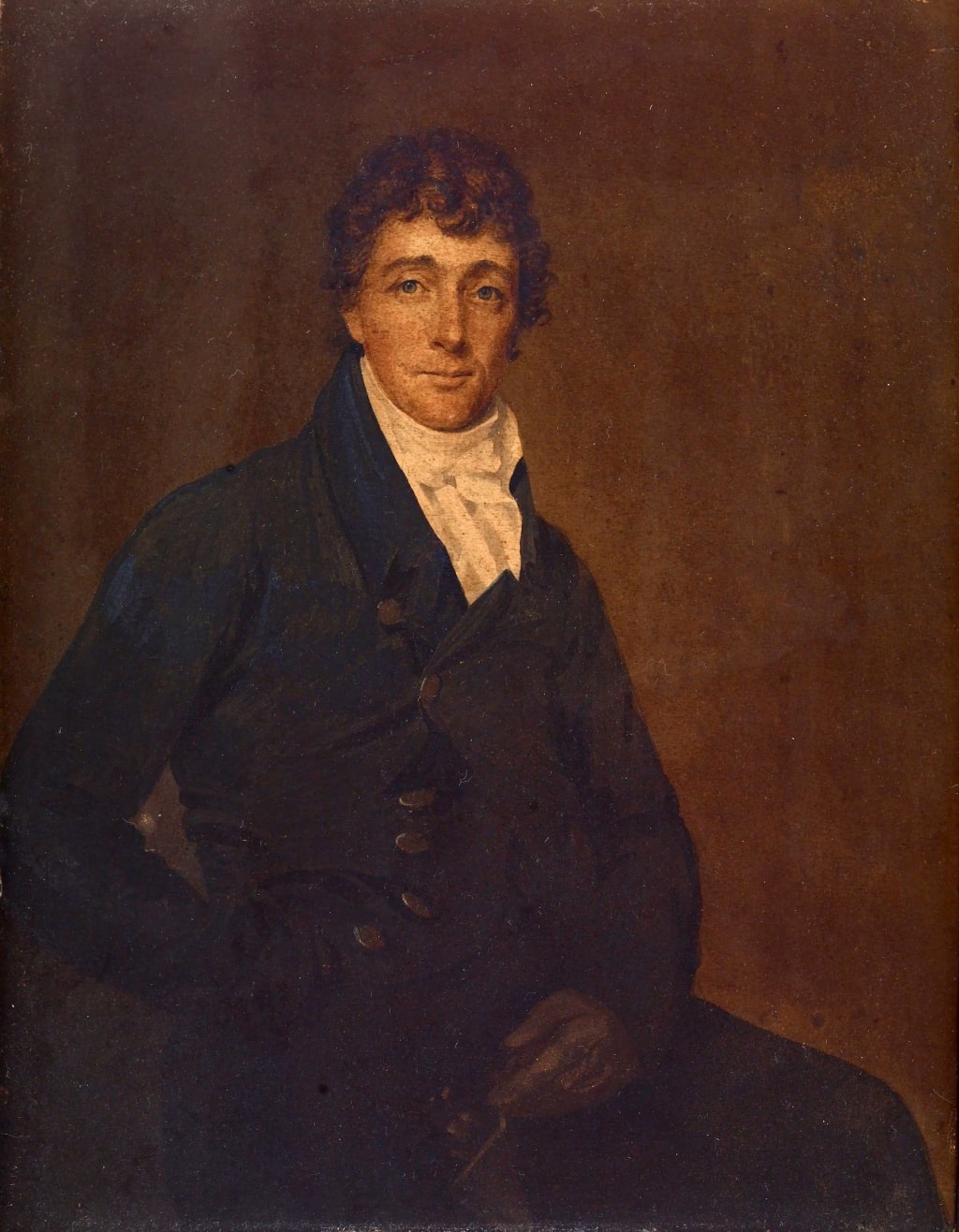Francis Scott Key: The Poet Behind "The Star-Spangled Banner"
Discover the story of Francis Scott Key, poet of 'The Star-Spangled Banner,' and his complex legacy amid America's history.

Francis Scott Key, an American lawyer and poet, left an indelible mark on the fabric of American history through his immortal composition, "The Star-Spangled Banner." Born on August 1, 1779, in Maryland, Key's life journey would lead him to witness a pivotal moment in American history, immortalizing it in verse.
Key's role in history is best encapsulated by his composition of the lyrics to "The Star-Spangled Banner," the national anthem of the United States. However, this iconic work of poetry was not merely the result of artistic inspiration; it was born out of the tumultuous events of the War of 1812.
During the conflict, Key served as a young lawyer and witnessed firsthand the British bombardment of Fort McHenry in Baltimore Harbor. It was on the morning of September 14, 1814, that Key's eyes beheld a sight that would ignite his creative spirit and echo through the annals of American history.
Despite the relentless assault by the British forces, the American flag defiantly waved above Fort McHenry, a symbol of resilience and unwavering patriotism. Inspired by this poignant scene, Key penned the verses that would later become the lyrics to "The Star-Spangled Banner," expressing the profound emotions stirred by the sight of his nation's flag enduring amidst the chaos of war.
Interestingly, the melody to which Key's poem was set was not originally composed for patriotic purposes. Instead, it borrowed from the tune of "To Anacreon in Heaven," a popular British drinking song of the time. This juxtaposition of American lyrics with a British melody adds an intriguing layer of symbolism to the anthem, reflecting the complex relationship between the two nations.
"The Star-Spangled Banner" gained widespread recognition and popularity over the years, but it wasn't until the American Civil War that it was formally adopted as the national anthem of the United States. Since then, it has stood as a powerful emblem of American identity, sung proudly on numerous occasions to honor the spirit of freedom and resilience that defines the nation.
However, alongside Key's esteemed contribution to American culture lies a contentious aspect of his legacy: his stance on slavery. Like many of his contemporaries, Key was a slaveholder, a fact that complicates the perception of his anthem as a pure celebration of freedom. Critics argue that it is hypocritical to venerate a song penned by a man who owned slaves, highlighting the stark contradiction between the ideals espoused in the anthem and the reality of Key's actions.
Indeed, Key's views on slavery remain a subject of debate and scrutiny, prompting a reevaluation of his legacy in the context of America's complex history with race and inequality. While some may view his anthem as a timeless ode to liberty, others contend that its origins underscore the enduring struggle for justice and equality in the United States.
Despite the controversy surrounding Key's personal beliefs, "The Star-Spangled Banner" endures as a symbol of American unity and resilience. Its soaring melody and evocative lyrics continue to stir hearts and inspire pride across the nation, serving as a reminder of the enduring values that define the American spirit.
In commemorating Francis Scott Key and his iconic anthem, it is essential to confront the complexities of his legacy while acknowledging the enduring significance of his contribution to American culture. As the nation grapples with its past and strives towards a more inclusive future, "The Star-Spangled Banner" remains a poignant expression of America's enduring quest for freedom and justice.





Comments
There are no comments for this story
Be the first to respond and start the conversation.